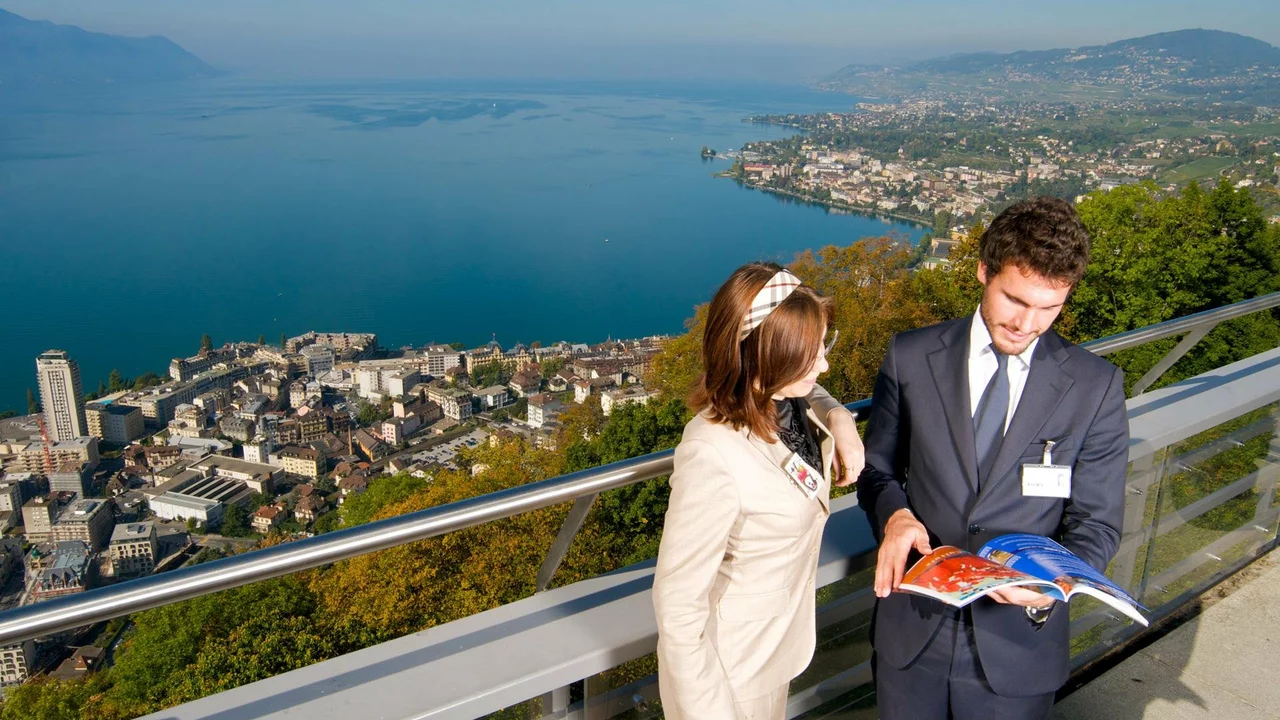Scope of Tourism: A Quick Guide to All the Angles
Tourism isn’t just about booking a flight and snapping photos. It covers everything from why we travel, to how the industry works, to the jobs that keep it moving. If you’re curious about what tourism really means, how it affects economies, or which hidden spots are worth a detour, you’re in the right place. In the next few minutes we’ll break down the biggest pieces of the tourism puzzle and give you practical takeaways you can use right away.
Why Tourism Matters
First off, tourism drives jobs, sparks local economies, and preserves culture. When you visit a new place, you’re not just having fun—you’re helping hotels, restaurants, tour guides, and even artisans sell their work. That’s why many countries see tourism as a key growth engine. It also encourages conservation; places worth visiting often get protected because they attract money. Think of a small island that funds beach clean‑ups with ticket sales, or a historic town that restores old buildings thanks to visitor fees. The purpose of tourism, therefore, goes beyond leisure—it fuels development and safeguards heritage.
Key Areas Inside the Tourism Scope
Now let’s look at the main sections that make up the tourism scope. Purpose and impact are the foundation: understanding why people travel helps businesses tailor experiences and governments design policies. Outbound tourism—when residents travel abroad—shows how cultures exchange ideas and money across borders. Hospitality management keeps hotels, resorts, and guesthouses running smoothly; good managers know how to balance guest comfort with cost efficiency. Career paths in tourism range from travel agents arranging itineraries to tour guides sharing stories, and from event planners coordinating festivals to digital marketers promoting hidden gems.
Each of these pieces connects to real‑world examples. For instance, the concept of perishability—the idea that a hotel room or airline seat can’t be saved for later—forces operators to use dynamic pricing and last‑minute deals to fill empty spots. Safety concerns, like assessing whether Dublin feels secure for tourists, shape travel advisories and insurance options. And the quest for lesser‑known destinations, such as Timor‑Leste’s quiet beaches or Kyrgyzstan’s mountain trails, shows how curiosity drives niche markets and diversifies revenue streams.
What does this mean for you? If you’re planning a trip, ask yourself what you want out of tourism: adventure, cultural immersion, or simply a break from routine? Knowing the purpose helps you pick the right experience. If you’re looking at a career, think about which part of the puzzle excites you most—people‑focused roles like guiding, or behind‑the‑scenes work like managing hotel operations. And if you’re a business owner, keep an eye on trends like outbound travel patterns and the rising demand for authentic, off‑the‑beaten‑path spots. By understanding the full scope, you can make smarter choices whether you’re traveling, hiring, or investing.
Tourism is a living, breathing system that touches almost every aspect of a destination’s life. Its scope is wide, but each element is linked by the simple fact that people want to explore, learn, and enjoy new places. Keep these ideas in mind, and you’ll see how every trip—big or small—fits into a bigger picture that benefits travelers and communities alike.
